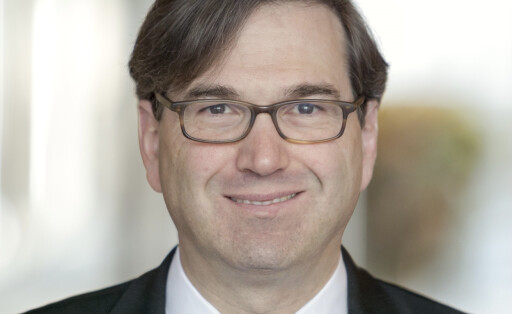


The demand for a ban on imports of Russian oil and gas failed to win a majority at the informal EU summit at the Palace of Versailles. The call for caps on energy prices also remains controversial.
By Redaktion Table

It is supposed to be a plan for more energy security in Europe. But the REPower EU package presented on Tuesday is primarily a list of tasks that the Commission and member states want to complete by the summer. Here, we provide an overview.
By Manuel Berkel

As early as this year, the Commission wants to reduce the EU's dependence on Russian gas by two-thirds. Gas storage facilities are to be considered critical infrastructure throughout Europe in the future. Brussels issues a thinly-veiled threat to the operator Gazprom.
By Manuel Berkel



Spain can help Europe reduce its dependence on Russian gas. Half a dozen regasification plants can store liquefied natural gas. However, new pipelines are needed to transport it to neighboring European countries.
By Redaktion Table


Russia’s invasion of Ukraine has been rapid and dramatic, but the economic consequences will be much slower to materialize and less spectacular, writes Jason Furman. In the long run, however, Russia is likely to be the war's biggest loser.
By Redaktion Table

In the future, Germany's gas storage facilities are to be 90 percent full by December each year. The German government wants to set corresponding minimum filling levels with a law on the national gas reserve. Meanwhile, the think tank Bruegel warns against national solo efforts, a "subsidy war" among EU states – and risks that could arise if Gazprom supplies increase again.
By Manuel Berkel